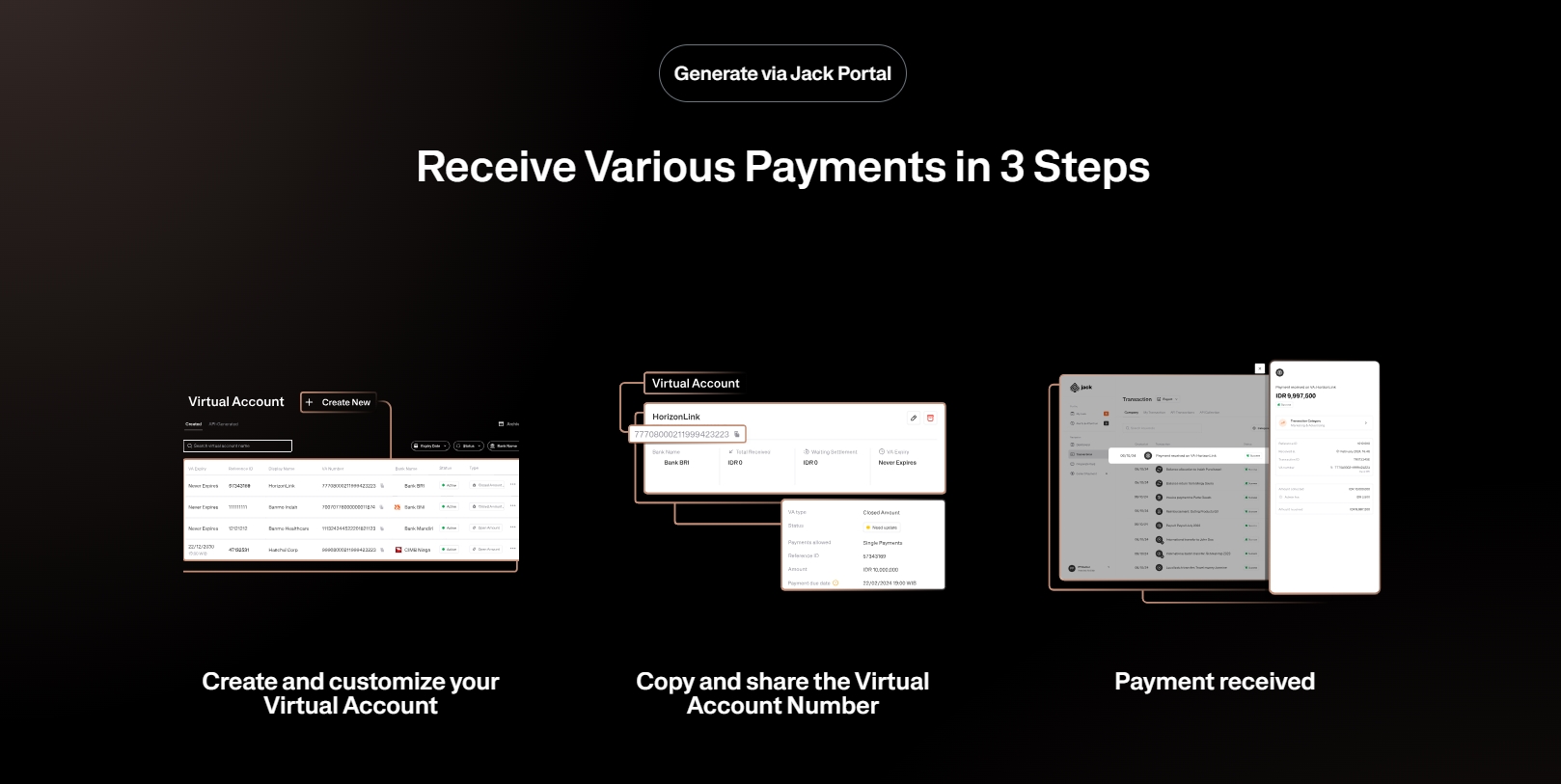Legal business documents are essential for running a legitimate business. These documents must comply with the applicable regulations set by institutions or government rules regarding business legality.
See Also Corporate Credit Card: Definition, Types, Benefits, and How Cards Work for Startups
These documents provide legal protection, ensuring business owners have written proof that their business operates officially. As a business owner, you want your operations to run smoothly without obstacles.
Types of Business Legality Documents

Therefore, it is crucial to have legal documents to ensure your business can grow without hindrance. Here are some essential business legality documents you need to prepare:
1. Business License
The Business License is one of the primary legal documents for a business. Issued by the relevant government agency, such as the Licensing Office, it confirms that your business is permitted to operate according to its type.
If you do not have a Business License yet, you must apply for one by visiting the Trade Office and bringing all necessary documents, such as the owner’s ID or business manager’s ID, family card, and a photo of the director.
2. Deed of Establishment
The Deed of Establishment is another crucial legal document held by business owners. This document contains information about the company’s formation, organizational structure, and shareholders. It is usually drafted and registered at a notary office or an authorized institution.
Spend with Flexibility, Anywhere with Jack
Having this deed enhances the legal recognition of your business. To obtain it, find a reputable notary and complete the required forms. Once issued, the deed must be signed in front of the notary and then validated by the Ministry of Law and Human Rights.
3. Taxpayer Identification Number (NPWP)
The NPWP is a tax identification number that all taxpayers must have, including businesses. It is used for tax reporting and official financial transactions and serves as a legality document for the business. Regular and timely tax reporting further strengthens your business’s legality. If you do not have an NPWP, visit the nearest Tax Office (KPP) to apply for one.
4. Company Registration Certificate (TDP)
The TDP, issued by the local Industry and Trade Office, is a document stating that the company is registered and authorized to conduct business activities. To obtain this document, prepare all prerequisite documents and follow the application procedures.
5. Business Domicile Certificate (SKDU)
The SKDU indicates the location where your business operates. This document is a prerequisite for obtaining a business license from the relevant agency. To apply for an SKDU, visit the local sub-district or district office and fill out the application form, bringing all necessary supporting documents.
See the API Document from Jack Finance here
6. Cooperation Agreement
While not always possessed by every business owner, a Cooperation Agreement can serve as authentic evidence of a legal business. If your company engages in partnerships with other parties, having this agreement is essential. It outlines the terms, rights, and obligations of each party, playing a significant role in your business’s legality.
Use Jack for your business needs
Maintaining and updating these legal documents is crucial for the continuity of your business. Ensuring all documents meet current legal requirements helps avoid future problems and ensures smooth business operations free from potential legal issues.









